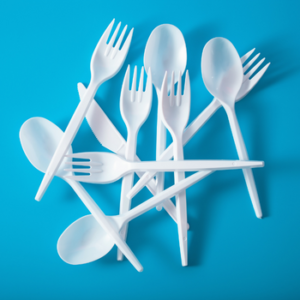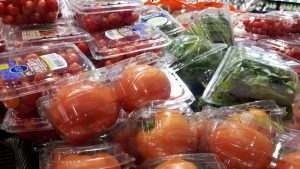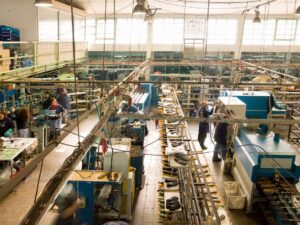The fight against single-use plastics has been sidelined by COVID-19 — but activists aren’t giving up
In the months leading up to the COVID-19 pandemic, bulk store owner Bruno Pejlack noticed a change in his customers.
After nearly 35 years of allowing people to bring their own bags and containers to his store with little uptake, “almost everybody” was starting to show up with their own bins to save plastic. Ashley Wallis, head of the plastics program for Environmental Defence, was also noticing big changes.
“There has been, over the last five or so years, a lot of momentum pushing people around the world toward wanting to eliminate plastics from their lives as much as possible or look for new systems,” she said.
Wallis says a critical moment came on a “really exciting” day last June, when the federal government announced it was working on a single-use plastics ban.
That all changed this spring.
As the government turned its focus to containing COVID-19, the single-use plastics ban was delayed, and Peljack — along with businesses like Bulk Barn, Starbucks and Tim Horton’s — suspended their reusables programs over fears of spreading the virus.
“It was very disappointing,” he said. “Every week we always get a couple of people who will still bring a bag full of jars to reuse them. We have to say to them, ‘Sorry.'”
Plastic use skyrockets
Six months after the outbreak of COVID-19 in Canada, environmentalists say it’s time to start thinking seriously about plastic waste again.
“The International Solid Waste Association estimates that our single-use plastic use has increased by 250 to 300 per cent during the pandemic,” said Wallis.
Some of that waste is created by tossed personal protective equipment, an issue she says could be improved by a federal green procurement policy which compels PPE producers to invest in collection and recycling.
Read the full and original story at cbc.ca



